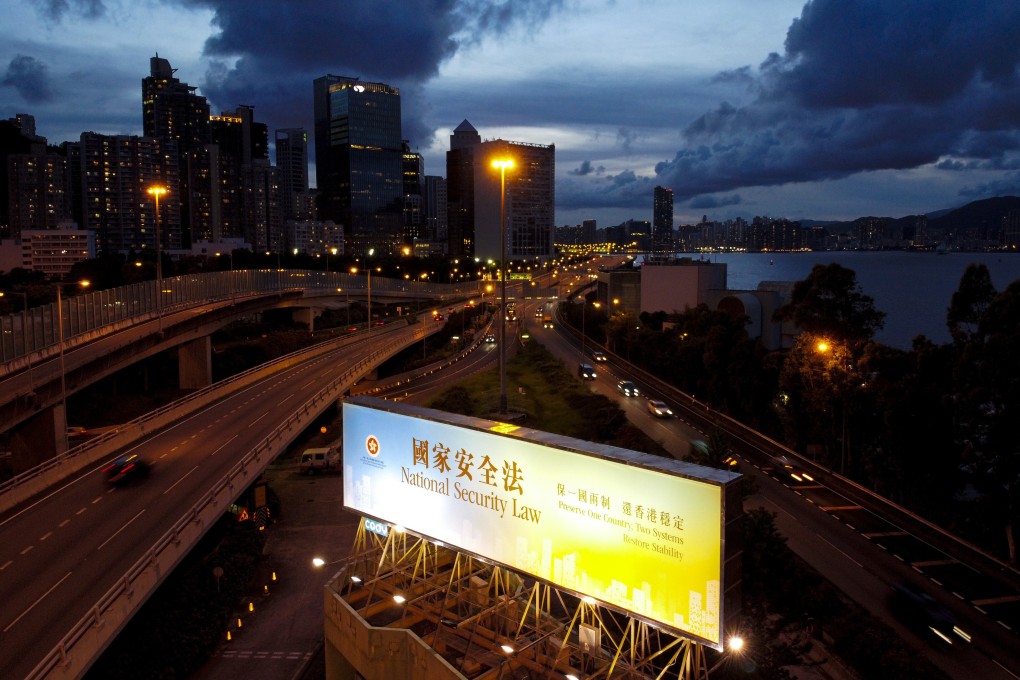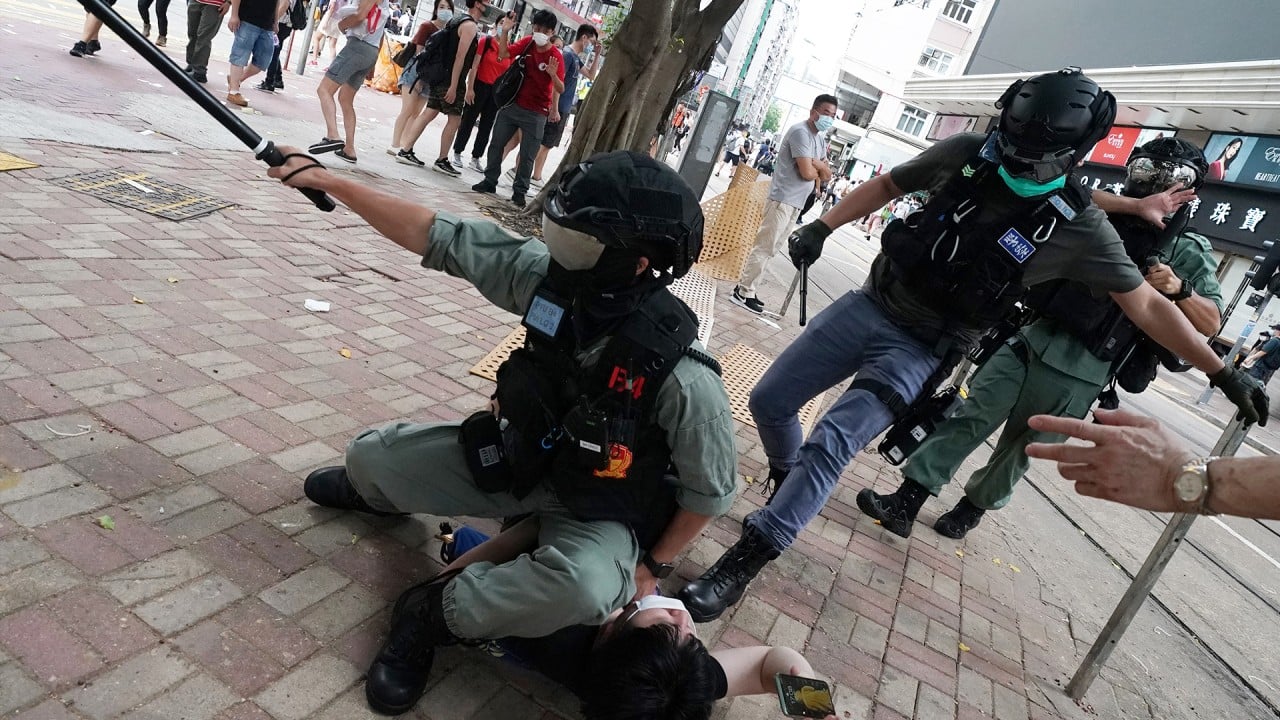Letters | National security law puts Hong Kong people in uncharted waters

The law criminalises secession, subversion, terrorist activities and collusion with a foreign country or with external elements to endanger national security. The purpose is to prevent, suppress and punish these acts to safeguard national security and maintain Hong Kong’s prosperity and stability under the “one country, two systems” policy.
Importantly, the law is state-level legislation. The significance is that the power of interpreting the legislation is vested in the National People’s Congress Standing Committee. It will prevail over the provisions of local laws where inconsistency arises.

06:50
Hundreds arrested, thousands protest in Hong Kong during first day under new national security law
Under the national security law, Hong Kong will handle most cases in an open court. Where state secrets are involved, the case may be tried by a panel of three judges without a jury and all or part of the trial will be closed to the media and the public. The judgment shall be delivered in an open court, though.